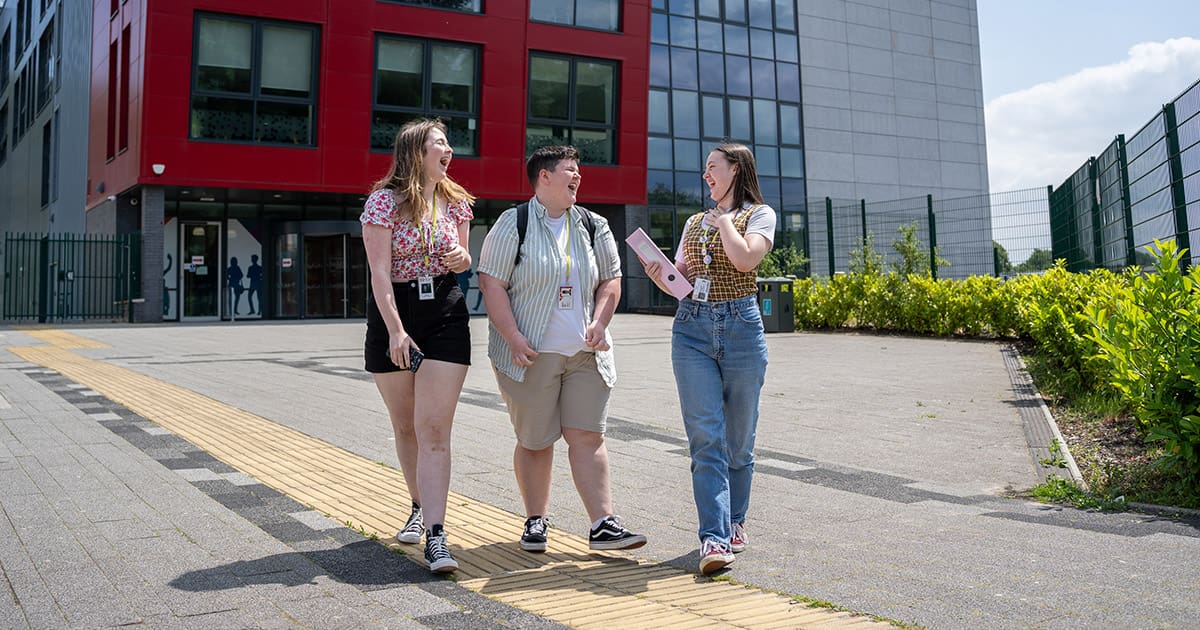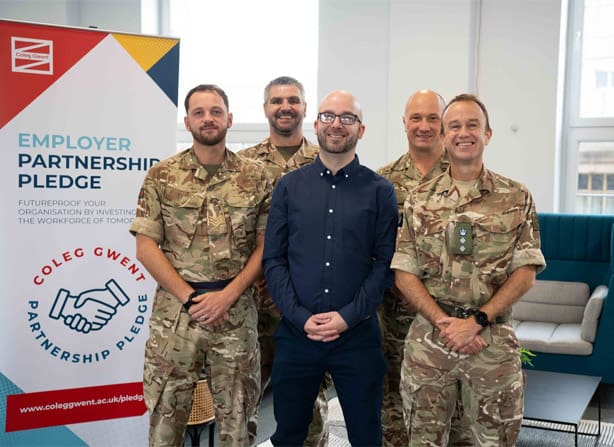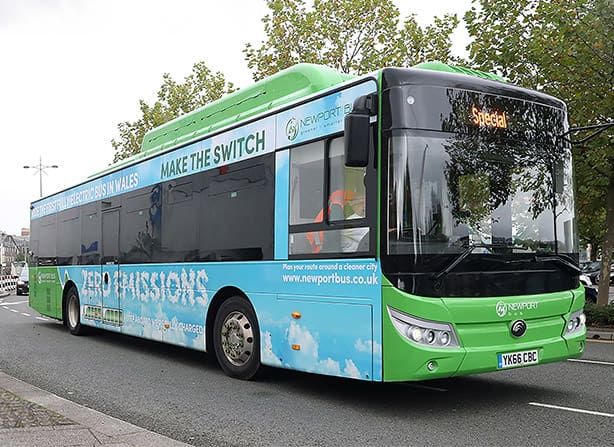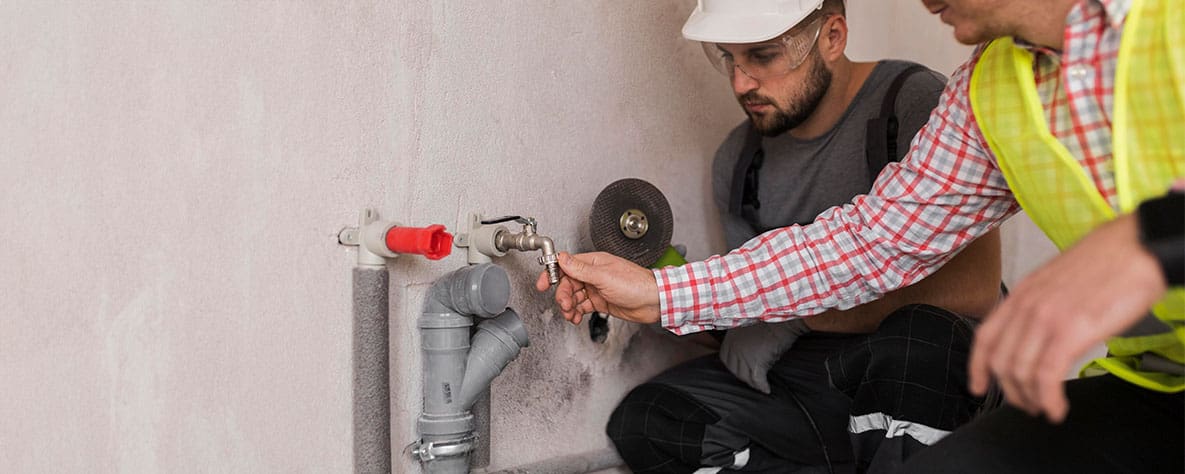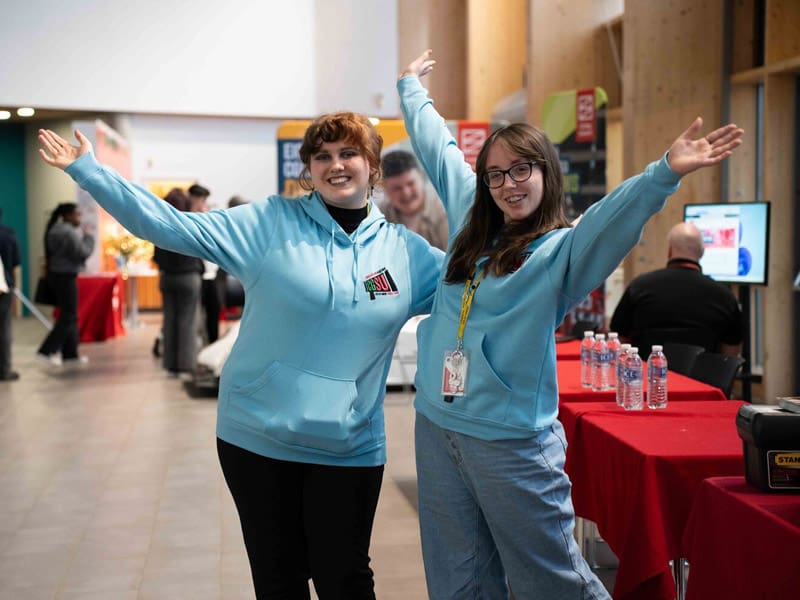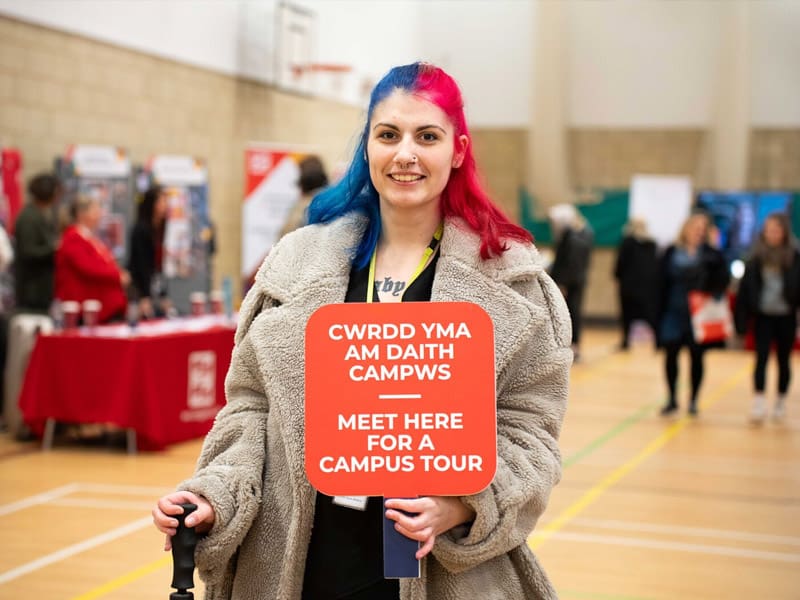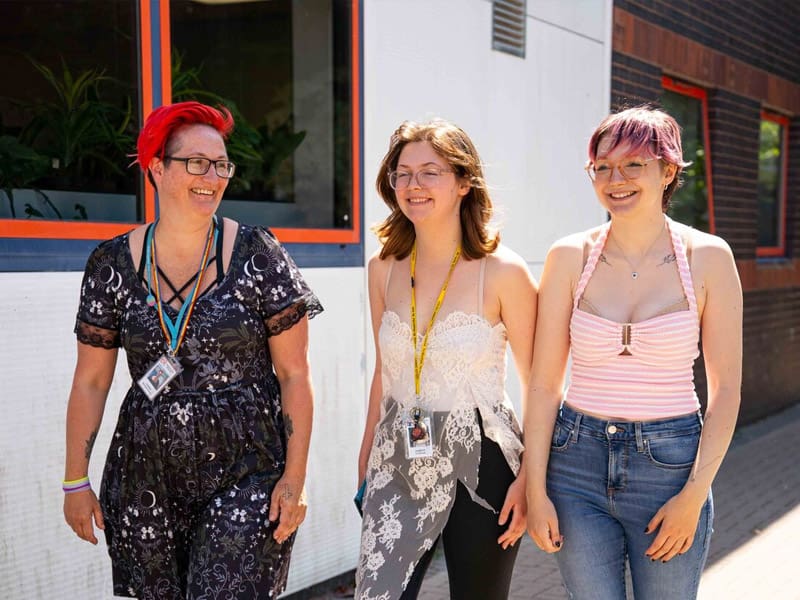Course Overview
A beginner’s plumbing course will teach you how to work with key fixtures like toilets (WC), basins, baths, and radiators. You’ll learn how to install, maintain, and repair these items, including fixing leaks, unclogging drains, and understanding basic plumbing systems. The course will also cover the tools needed and safety tips to work with water systems confidently and effectively.
Anyone interested in the construction industry but with no prior experience might include:
People who enjoy fixing or improving things around the house and want to learn more about construction techniques. They may want to improve their skills for home projects like building a deck, remodeling a room, or fixing repairs.
Homeowners who want to understand construction better for tasks around the house, like maintaining or fixing things, making upgrades (like remodeling a bathroom), or learning how to make their home more energy-efficient.
People looking to start a career in construction but without experience. They can learn through apprenticeships or entry-level jobs to gain hands-on skills.People interested in real estate who want to understand construction to make better decisions when buying, selling, or renovating properties.In short, anyone from DIYers to future career builders can benefit from learning about construction, improving their skills, and gaining confidence for personal or professional projects.
Here’s a brief summary of the four-week course:
Week 1: Introduction and Health & Safety
The first week introduces plumbing basics and emphasizes health and safety. Learners will understand how to safely work with plumbing systems, including the importance of turning off water supplies, using protective gear, and handling tools properly to prevent accidents.
Week 2: WC and Basins
In week 2, learners will focus on toilets (WC) and basins. This includes installation, maintenance, and common repairs such as fixing leaks, blockages, and replacing parts like faucets and valves.
Week 3: Baths and Showers
During week 3, learners will work with baths and showers, covering the installation of these fixtures, ensuring proper drainage, and troubleshooting common issues like leaks and water temperature problems.
Week 4: Kitchen Sinks
In the final week, learners will focus on kitchen sinks. This includes installing sinks, connecting them to water supplies and drains, and solving problems such as clogs and leaks.
This course will provide hands-on experience in working with essential plumbing fixtures to build a solid foundation for beginners.
Learners are required to have their own safety boots before starting the course. The boots can be bought from any retailer.
This course is designed for the individual to then progress on to a plumbing course that will hold a qualification to recognised standards of level 2 or above.
There are no entry requirements.
